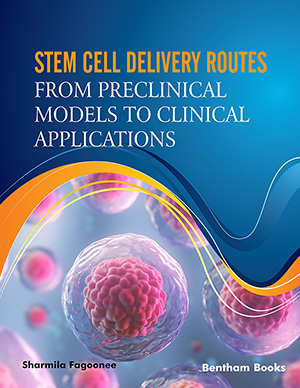Abstract
MSCs are promising for cell therapy of a variety of pathological conditions. MSCs can interact with the surrounding cells and environment and can be harnessed to confer therapeutic effects in several ways, as witnessed by progress in preclinical studies performed to date. However, translation into routine clinical practice is still trailing behind, as the beneficial effects seen in preclinical models could not be fully reproduced in clinical trial settings. The heterogeneity in bioprocesses that surround MSCs from their isolation to their transplantation is mostly responsible for the uncertain clinical outcomes. Yet, MSCs continue to be studied in a broad spectrum of clinical trials due to the MSC attributes that suggest that these cells will tip the balance towards finding an effective therapy for diseases hitherto incurable by other strategies. MSCs production should be standardised in order to optimize their output in the clinical settings. Very few of the registered clinical trials, performed with MSCs from diverse sources to date have published data. This is an area where not all negative results are negative, and publication of results should be encouraged. Negative results can help in devising better strategies in order to overcome difficulties and take us a step forward towards real therapy.
Keywords: Administration route, Automation and robotics, Advanced therapy medicinal products, Clinical outcome, Clinical trials, Cryopreservation, Current GMP, Exosomes, Extracellular vesicles, High-volume cell expansion, Kidney, Liver, Mesenchymal stromal/stem cells, Ocular surface, Preclinical model, Regulatory framework and guidelines, Standardisation, Stem cells bio-products, Therapeutic efficacy, Xenogeneic-free cultures.






















